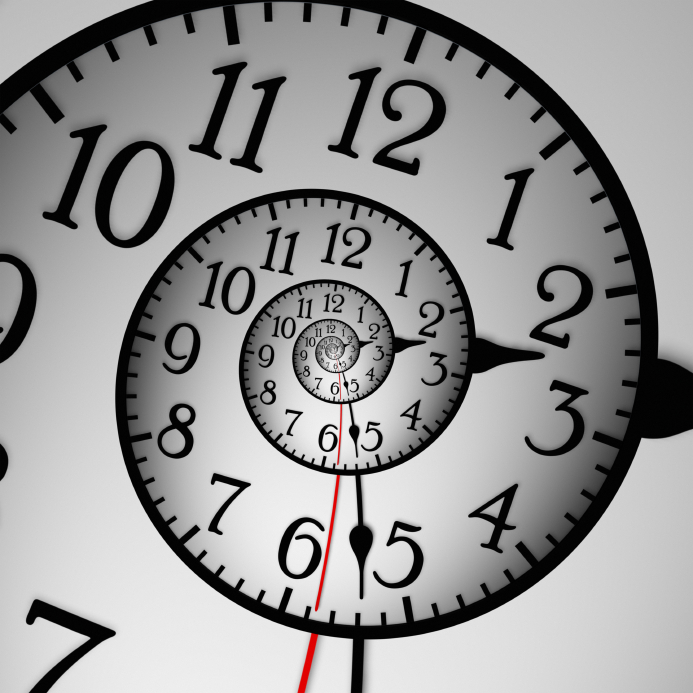Yes No Share to Facebook
Trial Delay Limit Contrary to Section 11(b) of the Charter of Rights and Freedoms
Summary: If you are facing criminal charges or a prosecutable offence, understanding your constitutional right to a timely trial as outlined in R. v. Jordan is crucial; Freed Legal Services offers attentive paralegal support to help navigate the complexities of your case and safeguard your rights throughout the judicial process. NOTE: Above information is A.I. (Artificial Intelligence) generated based on following content.
Can a Case Be Thrown Out of Court Due to An Unreasonable Delay Getting to Trial?
The Charter of Rights and Freedoms Mandates That a Trial of a Charge Must Occur Within a Reasonable Time.
Understanding the The Right to be Tried Within a Reasonable TimeIncluding Jordan Principles Clarifying What Is Reasonable
 A person accused of a crime contrary to the Criminal Code, R.S.C. 1985, c. C-46, or an offence prosecutable per the Provincial Offences Act, R.S.O. 1990, c. P.33, thus ranging from a serious murder case to a minor traffic ticket case, is provided with the constitutional right to have the case proceed to trial within a reasonable time. Of course, the principled question of what is "reasonable often arises and was addressed by the Supreme Court in what are now known as "the Jordan principles". Where the Trial of a case fails to occur within the Jordan principle time limits, the case may be stayed, meaning further disallowed, as a violation of the Charter rights of the accused person.
A person accused of a crime contrary to the Criminal Code, R.S.C. 1985, c. C-46, or an offence prosecutable per the Provincial Offences Act, R.S.O. 1990, c. P.33, thus ranging from a serious murder case to a minor traffic ticket case, is provided with the constitutional right to have the case proceed to trial within a reasonable time. Of course, the principled question of what is "reasonable often arises and was addressed by the Supreme Court in what are now known as "the Jordan principles". Where the Trial of a case fails to occur within the Jordan principle time limits, the case may be stayed, meaning further disallowed, as a violation of the Charter rights of the accused person.
The Law
The constitutional right, per The Constitution Act, 1982, Schedule B to the Canada Act 1982 (UK), 1982, Chapter 11, to have a trial within a reasonable time is prescribed at section 11(b), known as the Charter of Rights and Freedoms, which states:
Proceedings in criminal and penal matters
11 Any person charged with an offence has the right ...
(b) to be tried within a reasonable time;
The section 11(b) right prescribed within the Charter of Rights and Freedoms is a santity within Canadian law and was the focus of review by the Supreme Court within the case of R. v. Jordan, [2016] 1 S.C.R. 631, which addressed concerns for unreasonable delays within criminal proceedings, among other cases, as was, or appeared as, commonly occurring within the justice system.
When a case is stayed due to an unreasonable delay, the general public and media often criticize the justice system as well as the Charter of Rights and Freedoms, for allowing a crime or an offence to go unpunished. A common attitude sometimes arises that a technicality is providing a free pass to an accused person. When such a circumstance arises, it is important that the general public, and the victim of the alleged crime or offence, recognize that the justice system process caused the delay and thus the law within the Charter of Rights and Freedoms should be without blame. It is important to bear in mind that a person accused of a crime or offence, including the family of such a person, may be, and often is, gravely impacted by the charge and unreasonable delay in receiving a trial may be highly prejudicial to the ability to experience a fair trial and the right of presumed innocence.
In the Jordan case, after conducting a review regarding delay concerns and the mandate imposed by the Charter of Rights and Freedoms, the Supreme Court established timing boundaries for cases proceeding as charges within the Superior Court system or as charges within the Provincial Court system whereas it was said:
[46] At the heart of the new framework is a ceiling beyond which delay is presumptively unreasonable. The presumptive ceiling is set at 18 months for cases going to trial in the provincial court, and at 30 months for cases going to trial in the superior court (or cases going to trial in the provincial court after a preliminary inquiry).
[47] If the total delay from the charge to the actual or anticipated end of trial (minus defence delay) exceeds the ceiling, then the delay is presumptively unreasonable. To rebut this presumption, the Crown must establish the presence of exceptional circumstances. If it cannot, the delay is unreasonable and a stay will follow.
[48] If the total delay from the charge to the actual or anticipated end of trial (minus defence delay or a period of delay attributable to exceptional circumstances) falls below the presumptive ceiling, then the onus is on the defence to show that the delay is unreasonable. To do so, the defence must establish that (1) it took meaningful steps that demonstrate a sustained effort to expedite the proceedings, and (2) the case took markedly longer than it reasonably should have. We expect stays beneath the ceiling to be rare, and limited to clear cases.
As below, CBC News provides an interesting investigative report regarding the section 11(b) rights including Jordan principles and the general public concern that court cases be heard within a reasonable time to ensure that matters, especially serious criminal matters, are addressed rather than stayed due to perceived technicalities.
Summary Comment
A person charged with a crime or an offence is provided the right to a Trial within a reasonable time per the Charter of Rights and Freedoms. Per the Supreme Court as decided within the Jordan case, a criminal case proceeding within the Superior Court system must, with few exceptions, be heard within thirty (30) months and an provincial offences case proceeding within the Provincial Court system must, with few exceptions, be heard within eighteen (18) months. Upon a failure to adhere to these timelines, the proceeding should be stayed without a Trial of the accused person.


